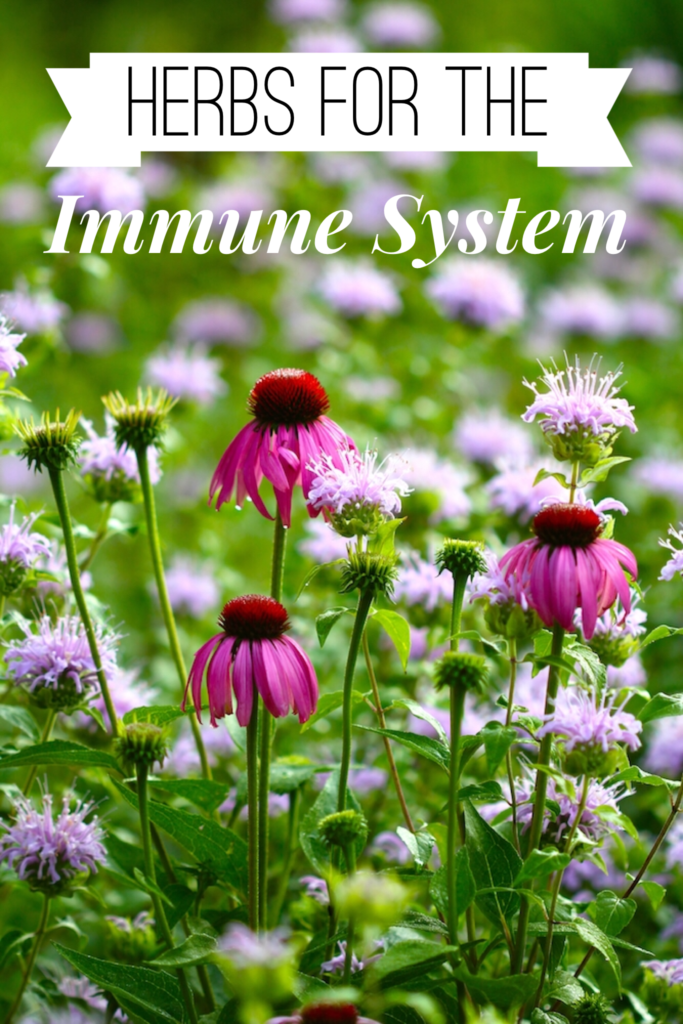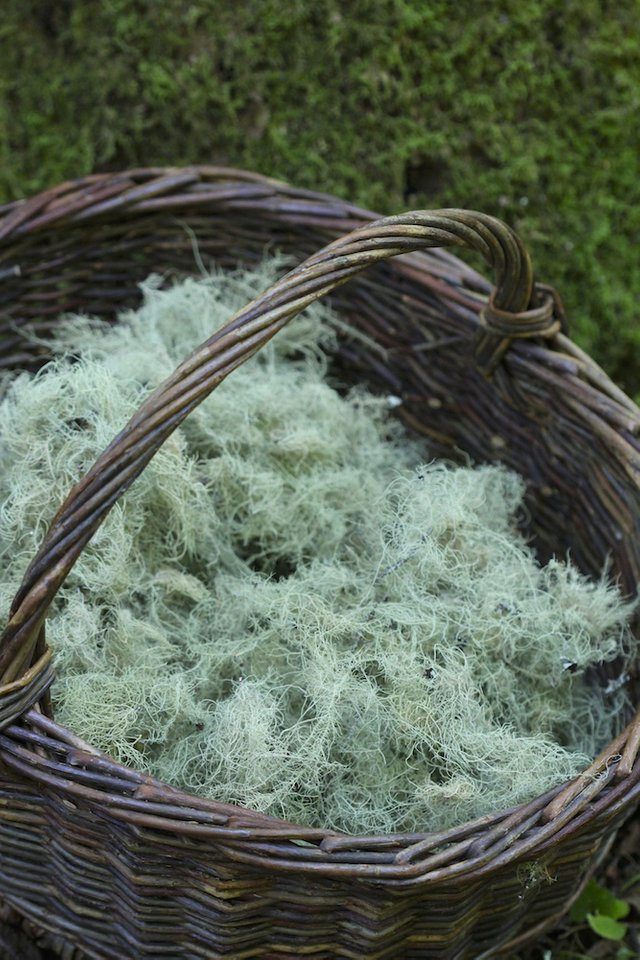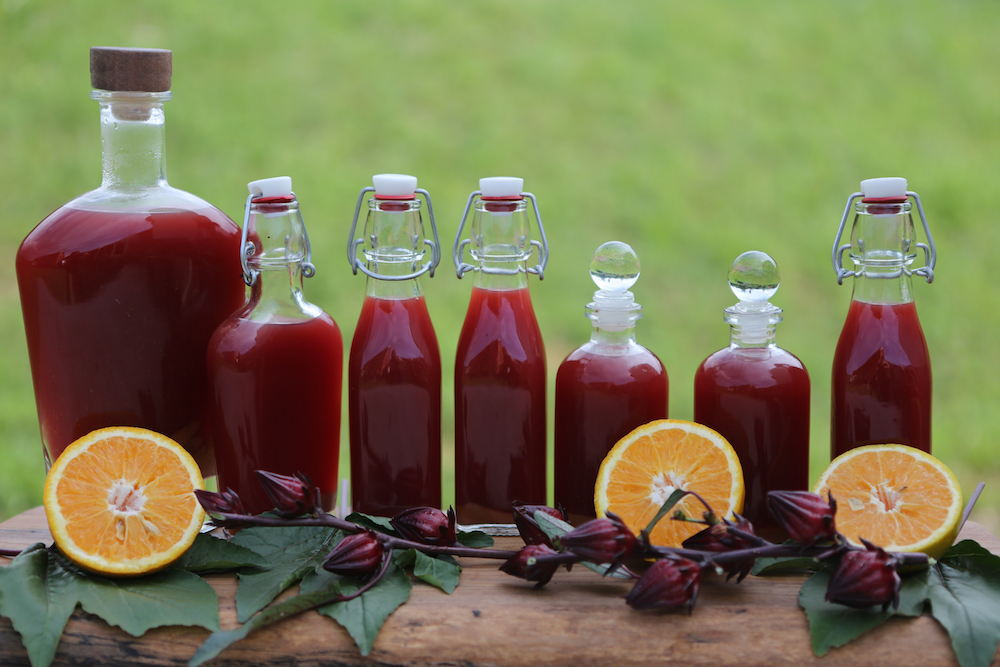Introduction to Immune Stimulants, Immunomodulators and Antimicrobials

Before we dive into herbs for the immune system, we’re going to start with lifestyles for the immune system. Because herbs are really and truly the icing on the cake, whereas the day-to-day choices we make for how we want to live are the cake, so to say. The same things in life that make us feel vital, happy, connected, and energetic also make our immune cells feel perky and capable. Our emotions play a central role in the functioning of our immune systems—so much so, that there’s a whole field of science called psychoneuroimmunology. Our moods—and sense of connection—have a profound effect on our white blood cells (immune cells, such as B cells, T cells, natural killer [NK] cells, and macrophages). The feelings of stress and social isolation are some of the biggest immune “downers” out there. Stress hormones, such as adrenaline (epinephrine) and cortisol, weaken immune function. Conversely, when we are relaxed and happy, our cells produce neuronal signaling molecules such as serotonin, dopamine, and relaxin, which have a strengthening effect on the immune system.
In one study published in the New England Journal of Medicine, 420 people voluntarily snorted either a nasal spray solution containing the cold virus or one containing a placebo. The volunteers who reported feeling really stressed prior to exposure were the most likely to develop a cold, while those who reported being less stressed were more likely to effectively fight off the virus.1 Stress can also affect how our immune cells cope with the presence of cancerous cells. At least two studies have shown how stress management can increase measurable immune factors in cancer patients. One study with melanoma cancer patients had one group practice relaxation techniques for six weeks, while the control group didn’t incorporate any stress management techniques. The relaxation group demonstrated a significant increase in natural killer cell activity over the control group.2 NK cells are white blood cells that perpetually scavenge for—and destroy—any cancerous cells they find in the body. Because they are central to our body’s defense against cancer, they are often studied as a measure of cancer resilience. A similar study looked at breast cancer patients who took a stress management course for ten weeks versus a control group. Those in the stress management course demonstrated increased white blood cell counts at the end of the program, as compared to the control group.

We all know that humans are social creatures: we depend on one another for survival and emotional support. Unfortunately, the culture of modern industrialized nations, especially the United States, downplays interdependence and instead, celebrates extreme independence and a false sense of super self-reliance. Feeling connected and like someone “has our back,” is more important to health and immunity than you might suspect. In one large study of breast cancer survivors, women who went through life without social support were four times more likely to die of cancer compared to women with very strong social connections.4 Loneliness is associated with increased cortisol levels and lowered immune profiles.5 Our human bonds do not have to be in the form of family—we can find community and friendship through our hobbies, work, support groups, volunteering, church or spiritual groups.
You’ve most likely already noticed the relationship between sleep and immunity. Anyone who has burned the candle at two ends for long enough has noticed that lack of sleep is one of the quickest ways to catch a cold.

Nutrition also plays a central role in immunity. Adequate intake of vitamins D and C and zinc are important to healthy immunity. Good sources of vitamin C include bell peppers, broccoli, Brussels sprouts, papaya, oranges, strawberries, and pineapple.6 The following foods are high in zinc: oysters (extremely high), beef, crab, and lobster, and to a lesser extent chicken, cheese, kidney beans, garbanzo beans, cashews, and almonds.7
Finally, spending time in the sunlight—with exposed skin—in the middle of the day is important for vitamin D synthesis. People with darker skin or who live far from the equator are especially at risk for vitamin D deficiency. Food sources of vitamin D are a little harder to find. They include wild salmon, sardines, fish liver oil, mushrooms dehydrated in sunlight, and to a lesser extent cow’s milk and eggs.8 Many people choose to supplement vitamin D to ensure proper intake, especially if they don’t spend much time outdoors or belong to an at-risk population, as outlined above. We explore the topic of nutrition in more detail in our Online Herbal Immersion Program.

In the Unsettling of America, Wendell Berry beautifully sums up a holistic approach to healing:
[Our bodies] are not distinct from the bodies of plants and animals, with which we are involved in the cycles of feeding and the intricate companionships of ecological systems and of the spirit. They are not distinct from the earth, the sun and moon, and the other heavenly bodies. It is therefore absurd to approach the subject of health piecemeal with a departmentalized band of specialists. A medical doctor uninterested in nutrition, in agriculture, in the wholesomeness of mind and spirit is as absurd as a farmer who is uninterested in health. Our fragmentation of this subject cannot be our cure, because it is our disease.
It’s important to realize that herbs aren’t always the only support you might need to combat infections, especially in the case of life-threatening or virulent infections. Honor your own wisdom and intuition, and learn the warning signs of potentially serious conditions. Cultivate the grace and discernment to recognize when conventional medical care is appropriate. It is better to be safe than sorry, and not to let any herbal idealism get in the way of healing. Parents and caregivers: You are your child’s best advocate and greatest comfort. If your doctor or health care provider says or does something that just doesn’t seem right, speak up! You have valuable insights into your child’s health that can benefit your health care provider’s decision making or diagnosis. Here are a few scenarios where we recommend you seek conventional medical care.
When to Seek Help
Please call your doctor or seek emergency medical care for any of these potentially serious symptoms:
Pronounced lethargy, with or without a fever. If your child is totally disinterested in playing and/or food and just seems seriously “off,” call your doctor.
Fever over 100.4°F (38°C) in a young baby (under three months).
High fever over 103.5°F (39.7°C) or persistent fever (>3 days).
Difficulty breathing, with rapid, shallow breathing and wheezing sounds.
Persistent or extremely painful earache, sore throat, severe headache, or stomachache.
A red streak emanating from a wound.
Frequent vomiting or diarrhea: If your child hasn’t urinated at least once every eight to twelve hours, she may be dehydrated. Other symptoms of dehydration include a lack of tears when crying, dry mouth, soft fontanel (soft spot on a baby’s skull), and sunken eyes. Blood in the vomit or diarrhea is also cause for concern.
Fever, stiff neck, and headache are symptoms of possible meningitis. A child with meningitis often exhibits only two out of the three previously listed symptoms. In babies, a bulging fontanel (soft spot) can be an indicator of meningitis or other potentially serious conditions. When an infant is crying, lying down, or vomiting, fontanels may bulge, but they should return to normal when the infant returns to a calm, head-up position. Immediate, emergency care is called for if any infant exhibits a bulging fontanel, especially with lethargy or fever.

Herbal Immunostimulants
This group of herbs is used on a short-term basis to address acute infections by stimulating white blood cell activity. Immunostimulants—also called immune stimulants—help the body to resist infection during the initial stages of a possible infection as well as throughout the duration of an infectious illness. You can also call on immunostimulating herbs when you’re exposed to a contagious illness. Whenever I travel by plane, I take Spilanthes to help my body cope with the higher concentration and variety of pathogens in the recirculating air of the cabin. A good number of the following herbs also possess antimicrobial activity, pulling double duty through augmenting the body’s immune response as well as directly inhibiting the pathogen.
Also called surface immune activators, these herbs have an immediate but short-lived effect on white blood cells, and thus need to be readministered frequently to maintain their effectiveness. Every one of these herbs affects the immune system uniquely. However, general modes of action include increasing phagocytosis; moderating immune communication chemicals, such as cytokines; or increasing white blood cell division and activity. Cytokines are hormone-like chemical signalers produced by a wide variety of cells, including those of the immune system, that have far-reaching effects on immune regulation. Interleukins and interferons are two classes of cytokines that you may have heard of.
In general, immunostimulants have traditionally been used short term, as they’re often overtly stimulating in nature and can result in imbalance if used for an extended period of time. Many are heating and dispersing and can be aggravating for people with hot constitutions (for example, people who run hot, are often hot-tempered or highly passionate, and prone to inflammation). Immunostimulants have the remote potential to increase autoimmunity, and although this is more the exception than the rule, they have at times caused flare-ups in people with autoimmune conditions.